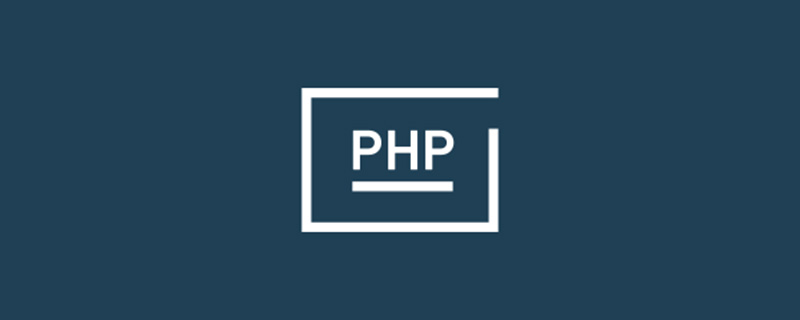

See how PHP and Golang collaborate on development speed, performance, security, scalability and more.
PHP vs. Golang is a tough comparison.
PHP was originally created in 1994, 24 years ago. Since then, PHP's popularity has continued to grow due to its open source format, ease of use, and stability.
However, as happens in other aspects of life, if the old cannot adapt to modern times, the old must make way for new creatures. Even the latest versions of PHP, such as PHP 7, leave a lot to be desired in terms of security, scalability, concurrency, etc.
As times change, application requirements are also constantly changing. Fast deployment, concurrent, scalable, defect-free, low maintenance and cost-effective applications are the need of the day.
Golang has proven itself time and again to be a safe bet for enterprise applications. Here are some features that make Golang better than PHP and make it a smart choice for enterprises.
Related recommendations: "php Getting Started Tutorial"
Golang Performance
The performance speed of Golang and PHP is very different. Kairos reports that its customers report an 8x increase in API transaction speeds when they move from PHP builds to Golang. This happens because Golang handles data processing more efficiently than PHP. Furthermore, due to compilation reasons, even bad Golang code will outperform good PHP code, thus improving performance. What's more, end users get fast-executing applications.
Golang’s Time to Market
Rapid time to market has to be Golang’s most often repeated advantage. PHP requires writing almost five times more code to generate the same functionality as a Golang application. Imagine the time saved for application deployment. By keeping enterprise applications running in a timely manner, businesses can save valuable time.
Cost
Because multi-threading technology improves the efficiency of Golang, reduces the deployment scale, reduces the memory footprint, and reduces the overall running Docker containers, so Teams can reduce the number of hosts in a Kubernetes cluster by more than 50%. Go deployments require surprisingly fewer containers to handle much higher loads than the PHP API. Given these factors, Golang reduces overhead costs for businesses.
Safe and secure code
Due to Golang’s built-in error checking mechanism, the possibility of vulnerabilities due to developer negligence is very low. Golang analyzes the compilation and notifies developers of errors and lets them resolve them before pushing them to production. This results in more secure code. In contrast, due to the open source nature of the PHP hypertext preprocessor, everyone can view PHP's source code. Therefore, it is possible for hackers to identify errors in the code and subsequently use these errors to attack unsuspecting users.
Scalable
Programming huge applications using PHP is difficult. PHP does not support independent interchangeable modules efficiently, so developing huge applications in PHP is a nightmare for developers.
PHP was originally developed for creating dynamic websites, not for Windows and other operating system desktop applications. This may be the reason why it doesn't support a large number of applications.
Golang, on the other hand, is a more modern language. It supports more requests than almost any other language. Therefore, Golang is the most extensible language. It will grow as your business grows to accommodate the increasing load on your application.
Considering all the above factors, it is safe to say that migrating from PHP to Golang is a smart move for enterprises. PHP Golang comparison is very clear.
The above is the detailed content of Will golang replace php?. For more information, please follow other related articles on the PHP Chinese website!